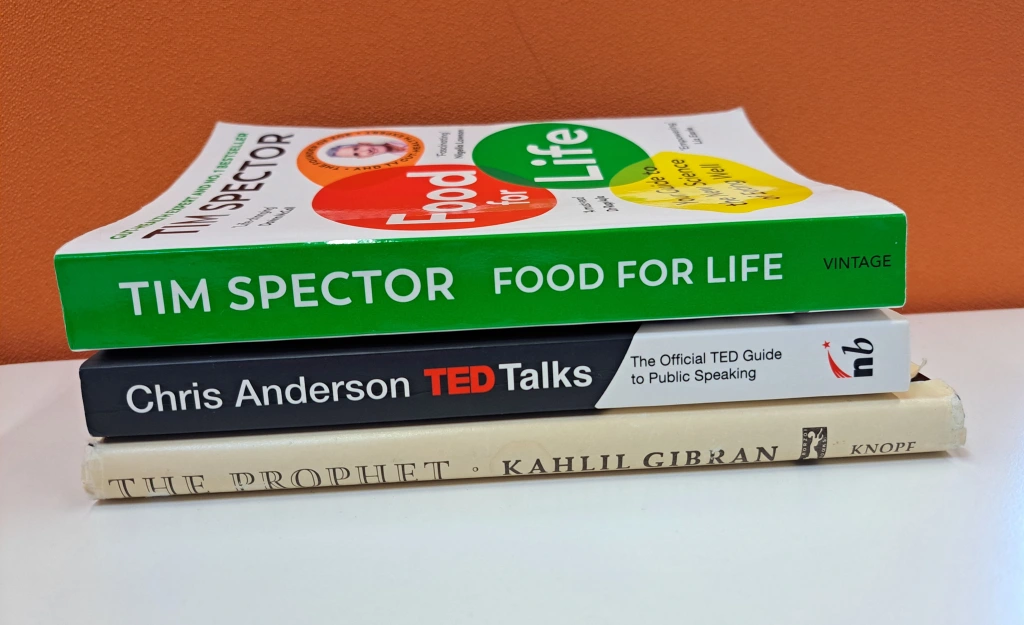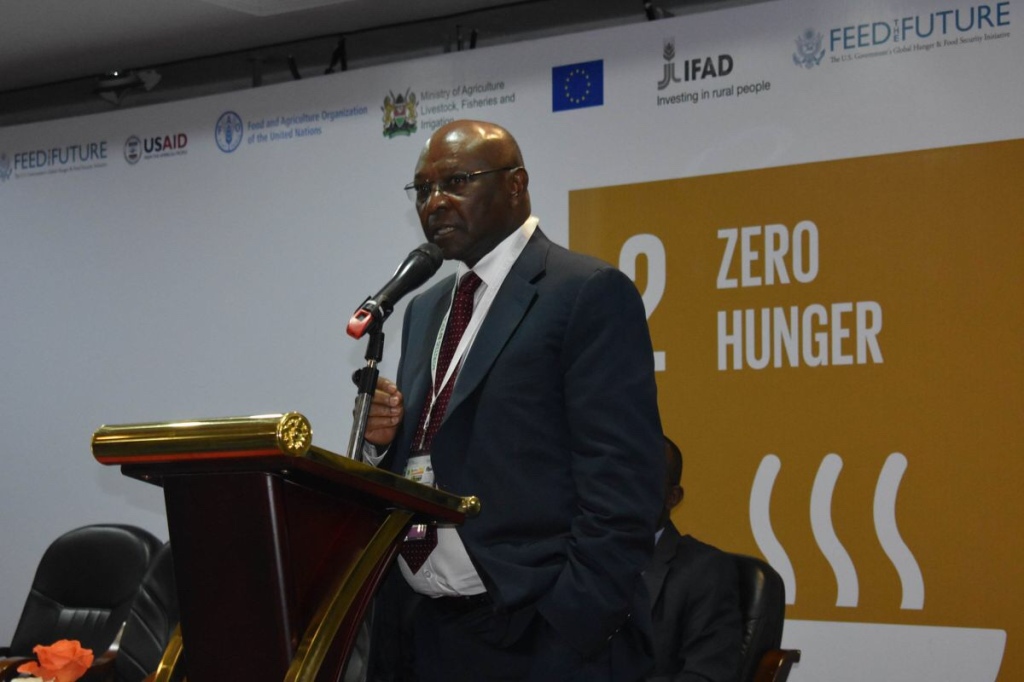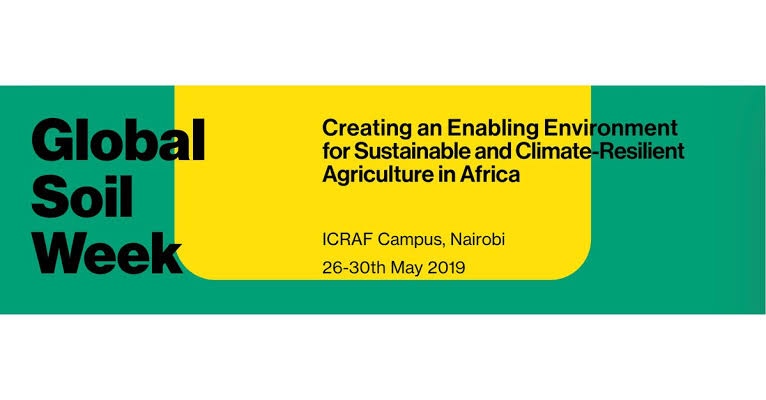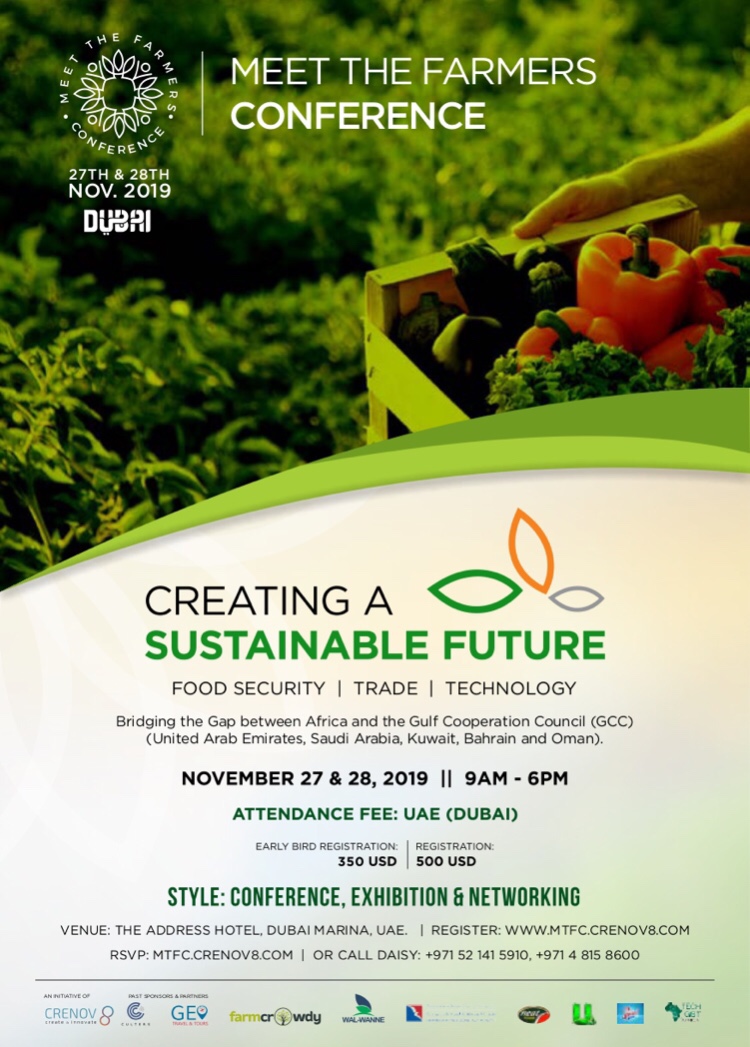As the winter unfolded in December 2023, I found inspiration in the pages of three books. First, I went back to my shelf and revisited the timeless wisdom of the celebrated Lebanese American author, Kahlil Gibran’s “The Prophet”, then delved into the practical communication insights of Chris Anderson’s “TED Talks” and finally as the norm a book on food, Tim Spector’s “Food for Life,”. In this blog article, I share insights and reflections on the three books and hopefully, you might find one or all the books worth reading. Consequently, as you read the book, you also learn new ideas on psychology, and scientific concepts such as those on bacteria, fundraising for non-profits, etc.
- “The Prophet” by Kahlil Gibran (1923)
“The Prophet”, first published in 1923 is a timeless masterpiece that resonates with readers across generations. The book offers philosophical views on life through a ‘Prophet’- Al Mustafa who happens to be returning to his town and a crowd gathers to ask him questions on a wide range of topics concerning life before his ship leaves. As such, each of the twenty six chapters covers his response to the people of Orphalese whom he had lived with for twelve years with nuggets of wisdom on different aspects of life such as work, love, children, pain, self-knowledge, and giving among many others.
I initially came across this excerpt on children and eventually bought the book. When I moved to the UK for further studies in 2022, it was one of the few books that I did not dispose of and I treasure it.
‘ Your children are not your children.
They are the sons and daughters of Life’s longing for itself.
They come through you but not from you,
And though they are with you yet they belong not to you.
You may give them your love but not your thoughts,
For they have their own thoughts.
You may house their bodies but not their souls,
For their souls dwell in the house of tomorrow, which you cannot visit, not even in your dreams.
You may strive to be like them, but seek not to make them like you.
For life goes not backward nor tarries with yesterday.
You are the bows from which your children as living arrows are sent forth.
The archer sees the mark upon the path of the infinite, and He bends you with His might that His arrows may go swift and far.
Let your bending in the archer’s hand be for gladness;
For even as He loves the arrow that flies, so He loves also the bow that is stable.’
The ‘Prophet’ is one of those books that offers fresh insights every time you read them. For instance, this time around I got carried away by the chapter on work. On work, Gibran wrote;
‘When you work you are a flute through whose heart the whispering of the hours turns into music.
Which of you would be a reed, dumb and silent, when all else sings together in unison?
Always you have been told that work is a curse and labour a misfortune.
But I say to you that when you work you fulfil a part of earth’s furthest dream, assigned to you when that dream was born,
And in keeping yourself with labour you are in truth loving life,
And to love life through labour is to be intimate with life’s inmost secret.
…
Work is love made visible.
And if you cannot work with love but only with distate, it is better that you should leave your work and sit at the gate of the temple and take alms of those who work with joy.
For if you bake bread with indifference, you bake a bitter bread that feeds but half man’s hunger.
And if you grudge the crushing of the grapes, your grudge distils a poison in the wine.
And if you sing though as angels, and love not the singing, you muffle man’s ears to the voices of the day and the voices of the night.’
The book is an excellent reading for anyone interested in leading a meaningful life and a good pick for a gift. Let me know your favourite chapter if you have read it or read it after this blog article.
2. “TED Talks” by Chris Anderson (2016)
I picked the book because of my love for Ted Talks, but I got more than I bargained for. This is a must-read for public speakers. Anderson who acquired TED in 2001 and, as its president and head curator, offers many insights into public speaking. Originally the talks were on TED (Technology, Entertainment, and Design) but now focus on anything as their mantra states – ‘ideas worth spreading.’
The book is grounded in the notion that, regardless of how much our society changes, learning how to communicate our ideas is an essential skill for anyone today and in the future. He argues public speaking is the key to unlocking empathy, stirring excitement, sharing knowledge and insights, and promoting a shared dream.’ He asserts that there is no single way to give great talk and that public speaking can be learned.
Anderson uses the journey metaphor to conceptualise a talk. He says, like a tour guide, that a speaker ought to start when the audience is and bring them to a new destination, whether through explanation, exploration, or persuasion. He asserts that the key principle for any speaker is to give and not to take from the audience and this also applies to those seeking investment, donations, or support.
One of the key tips I obtained from the book is getting what he calls a throughline – the theme that connects every element of your talk. It can be seen as a takeaway message, and he advises that it should not be more than 15 words and too predictable. On this he contrasts a good versus a bad throughline in ‘ more choice actually makes us less happy’ and ‘the importance of hard work.’ Ideally, this implies demonstrating why what you want to say matters. Sir Ken Robinson, whose TED talk was the most watched at the time the book was published, advises speakers to use the what? So what? Now what? concept of essay writing in speaking.
This book has many tips for public speaking such as making an early connection with the audience, what to wear, use of visuals, rehearsals, stage set-up, and voice among many others. Brene Brown, whose talk on the power of vulnerability is one of the most watched, advises against sharing parts of yourself that you haven’t worked through though personal stories are encouraged. Humour is also encouraged but dry humour is worse than no humor at all.
As a public speaker, I resonated with the tips presented in this book, and I am eager to practice these skills while presenting my PhD research or as a YouTuber. As Anderson states in the book, ideas are powerful, and learning how to present ideas verbally is an essential skill. I highly recommend this book to anyone who wants to improve their public-speaking skills.
3. “Food for Life” by Tim Spector (2022)
Tim Spector was a genetic epidemiologist whose health scare in the form of a mini stroke while skiing in the Italian mountains forced him to rethink his diet and health. This led him to research on food and our metabolism and this is his third book on the topic. He doesn’t consider food as a mechanism for weight control but as key for our personal health, the health of our society, and the health of the planet hence the choice of the title.
Spector’s main idea in the book is the role of our gut microbiome which he argues determines how we utilise what we eat. The gut microbiome, a key cog in our immune system, according to Spector is non-existent until we are born and is developed as we grow and stabilises by the 3rd birthday. However, it is affected by our diets, diseases, medicines, and stress (including anxiety) but always seeks to return to equilibrium. This knowledge has led to an understanding of the science of food, which has suffered from the oversimplification of the composition of food into calories or nutrient composition thus completing the puzzle of how Ultra-Processed Foods (UPFs), which are made from chemicals in the lab make us overeat and increase the risk of diseases and early mortality. Spector asserts that ‘food is not about individual chemical components ingredients; but the whole complex matrix and structure.’ As such the forms in which different foods are eaten impact our health. For instance, fruit smoothies lead to higher glucose peaks as the sugars are readily available compared to whole fruits.
Spector also counters misinformation about food and diets. My favourite is the science of specialised receptors for different tastes in different parts of our tongues. He asserts that taste receptors on the tongue are not specialised and that there are others in other body parts including the pancreas, intestines, and even men’s testicles. On worries about vitamins and overuse of supplements, he argues that it is better to get your vitamin C by eating DIVERSE fruits and vegetables and vitamin D from fifteen minutes of sunlight per day or oily fish, egg yolks, and sunbathed mushrooms. He argues supplements are not only useless but can also be harmful as some have been linked to falls and fractures as well as increased risk of heart disease.
With the understanding that a healthy gut is essential for our immune system, what then should we eat? Spector recommends a diverse range of whole plant foods and small amounts of fermented foods. Whole plant foods are high in defence chemicals referred to as polyphenols and fibre while fermented foods contain useful probiotics. On foods to avoid, UPFs top the list, sweetened fizzy drinks and sweetened yogurts. On meat, Spector advises eating low quantities of high-quality meats as opposed to cheap processed meats in the form of cheeseburgers, sausages, bacon, and chicken nuggets among others.
However, Spector cautions that our gut microbiomes are unique and that human beings have a huge variation in individual responses to the same type of food. Think of allergies. Food metabolism is also affected by the quality and duration of our sleep. Hence, our digestive system is unique with complex interactions between genes, microbes, the immune system, and the brain. As such, one should choose their diets from an informed position on their individual responses. It is also important to note that cooking and eating are as important as the food itself. Spector, therefore, elucidates that one of the reasons for the longevity of the populations in the blue regions of the world where people tend to live longer on average such as Okinawa in Japan and Sardinia in Italy is the communal sharing of food which contributes to their wellbeing and happiness.
Although the book is packed with so much useful information, I fail to understand how Spector, even after acknowledging the role of food environments – all the physical, economic, and socio-cultural factors that shape our diets- seems to argue that the onus on healthy eating is on individuals. He says, that while researching the book he discovered information that ultimately improved his life. I do not dispute this because after reading Brain Food, Ultra Processed People, and Food for Life, I have also gotten insights that changed my life for the better. However, what we eat is a complex interaction of factors, and education and information are just the tip of the iceberg. Consequently, issues to do with the availability, affordability, and accessibility of healthy diets and supportive policies need to be addressed by governments.
There goes my December 2023 reads. Please let me your views in case you choose to grab one of them.





Leave a comment